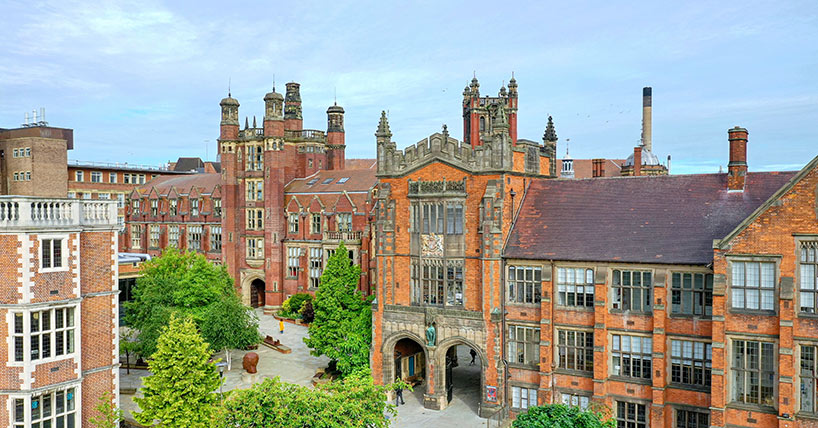In this blog post, the Lug intern Charlotte Stobart outlines the form and structure of the second year Oral History and Memory module offered at Newcastle University, in conjunction with current module leader Dr Sarah Campbell.
Teaching and research at Newcastle University is distinctive in many ways, not least in its offer of a specialised Oral History and Memory module to second year history students. Despite the increasing prominence of memory studies, few UK universities offer this as an option at undergraduate level. Even at Newcastle, the uptake is surprisingly small, especially when compared to the benefits that this module offers. Although, smaller average module numbers have the advantage of greater student support from staff.
By using oral history as a lens through which to understand the past, the oral history module allows an in-depth study of a specific theme within recent British history. There is an emphasis on uncovering the testimony of those ‘hidden in history’, such as working-class people or ethnic, social, and cultural minorities. Previously, the focus has been on deindustrialisation, with a specific, localised consideration of the Northeast. Currently the module is centred on activism in Britain since 1945, exploring various movements, individual motivations, and retrospective memories. This topic spans from social, to environmental, to workplace activism. The openness of the theme allows adaptation and development according to lecturer expertise and student interests.

Dr Sarah Campbell, the current module leader, describes the multidisciplinary approach to learning as ‘teaching led research’, as opposed to the usual research led teaching. She suggests that it is a form of collaboration between students and staff, offering unique thinking and responses.
Unlike many of the other content driven second year options, the Oral history module is skills-based. In the practical aspect of the course, in skills-based workshops, students work in groups under guidance. They get in contact with, arrange, and conduct an interview with a local individual who is relevant to the topic area. They combine theory and practice to prepare and conduct these interviews, recording and transcribing them. Not only does this put them in good stead for understanding and implementing oral histories, for their dissertations and beyond, they also gain more general, essential life skills.
Sarah emphasises how this module teaches students to actively listen, something that is a lot harder than many of us anticipate. In addition to this, the group working element allows students to develop skills which may otherwise go neglected within a history degree. Being able to work effectively as part of a group is a vital skill, not only in the oral history field, but also more generally for working life. Additionally, by allowing students to become the interviewers, they become more prepared for situations such as job interviews.
Oral history has undoubtedly changed contemporary historical practice, and as it grows as a research method, it makes sense that the Universities involved in training future historians would adapt their teaching practices accordingly. The Newcastle University oral history module strengthens student skills, within the field and beyond, and these skills have exciting potential for the direction of the historical field as a whole.
